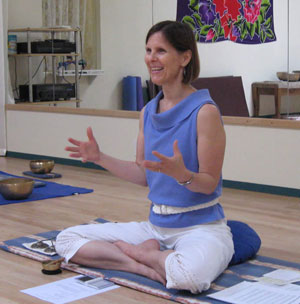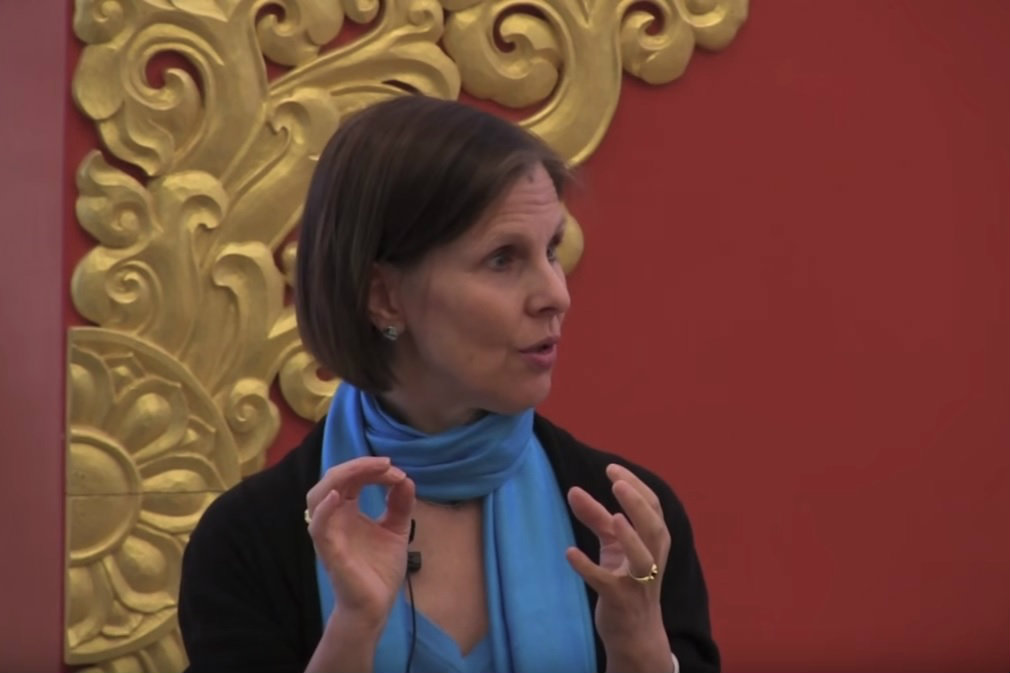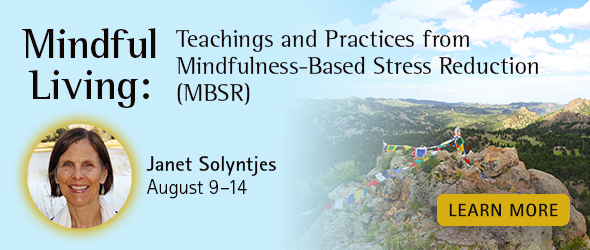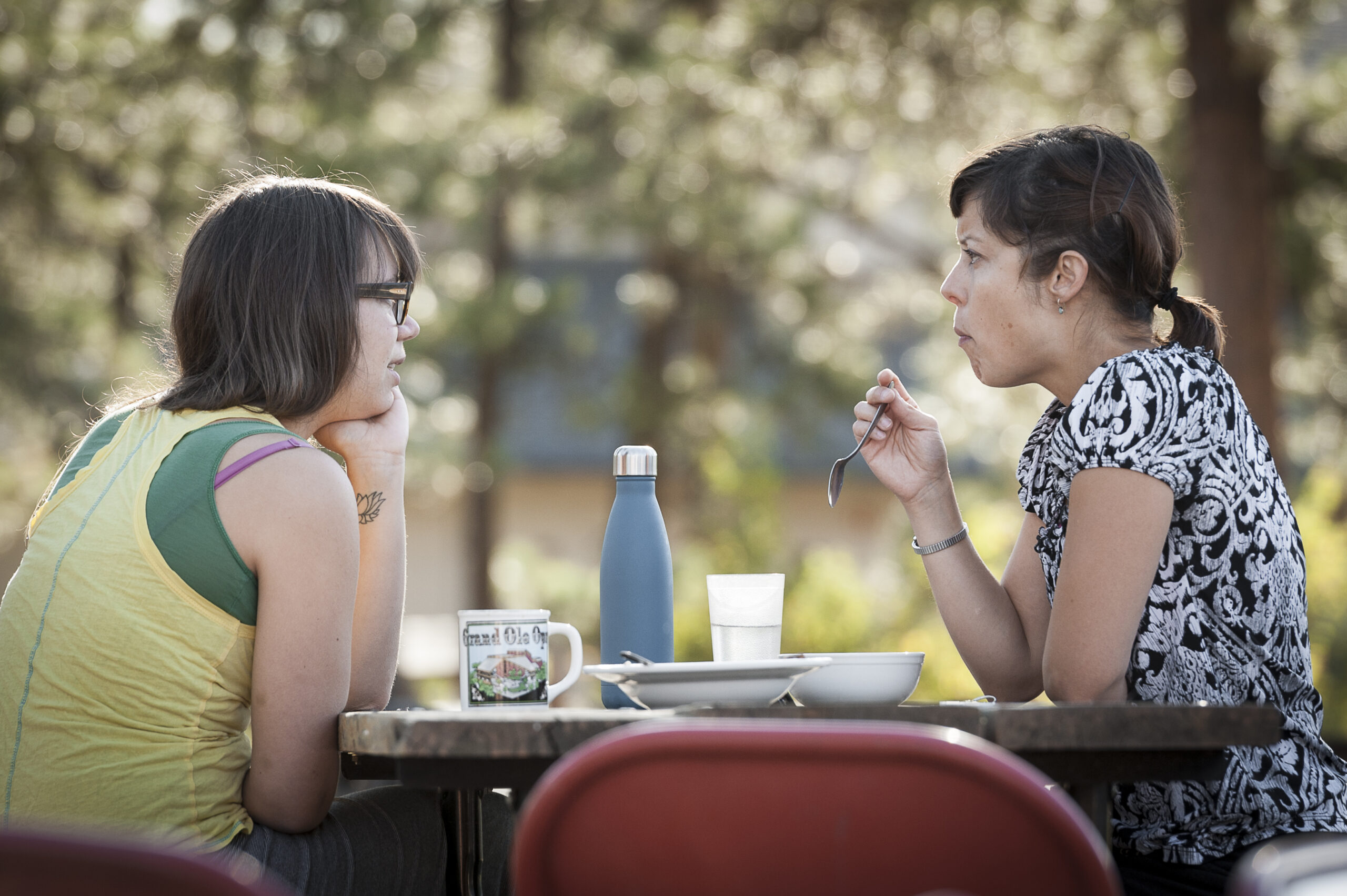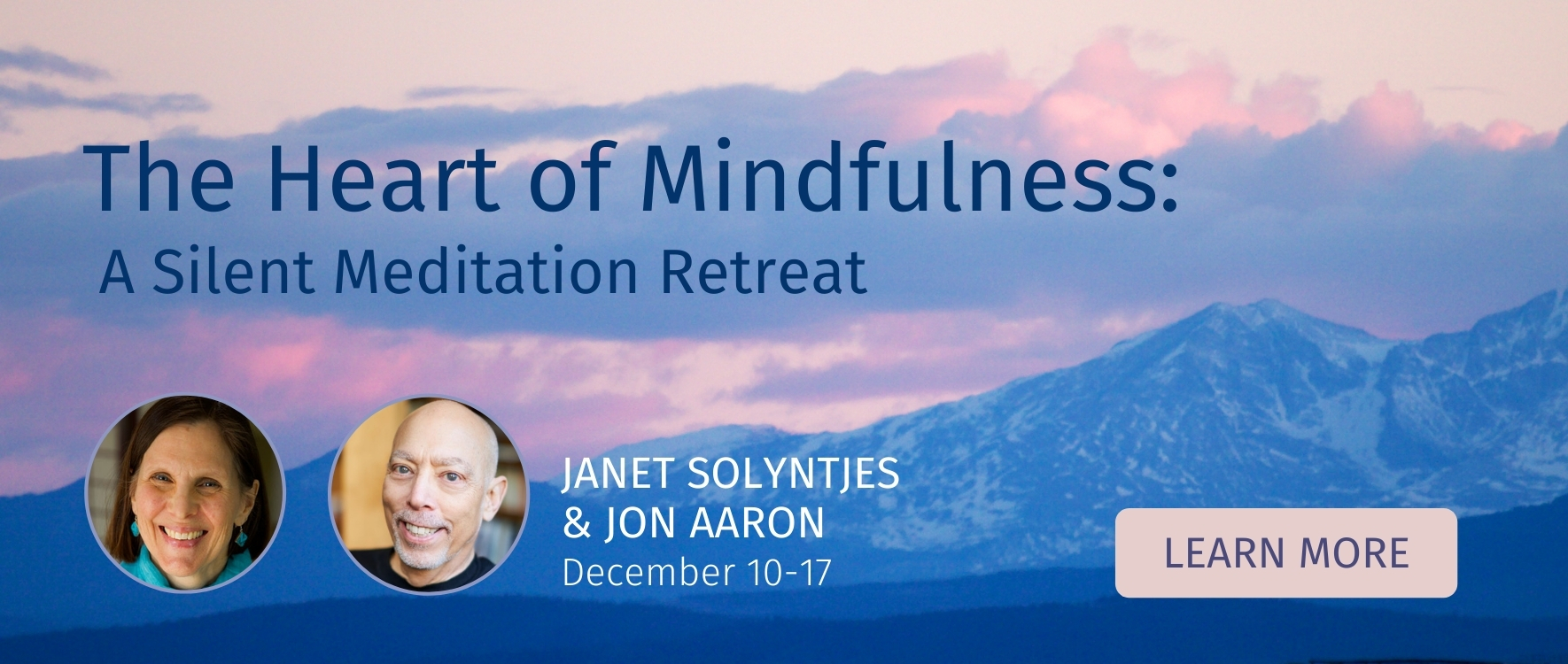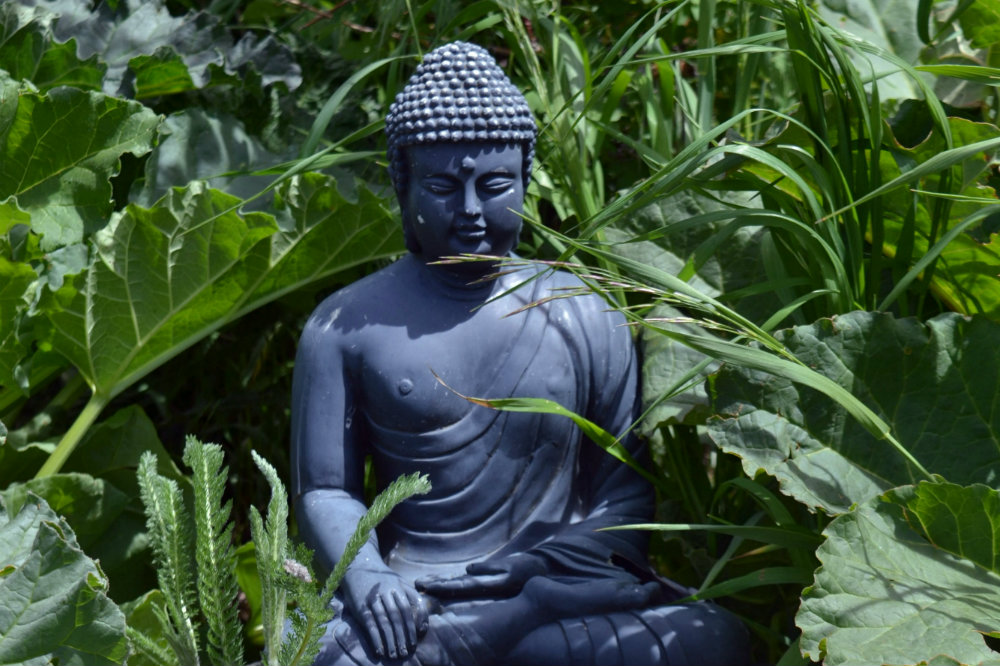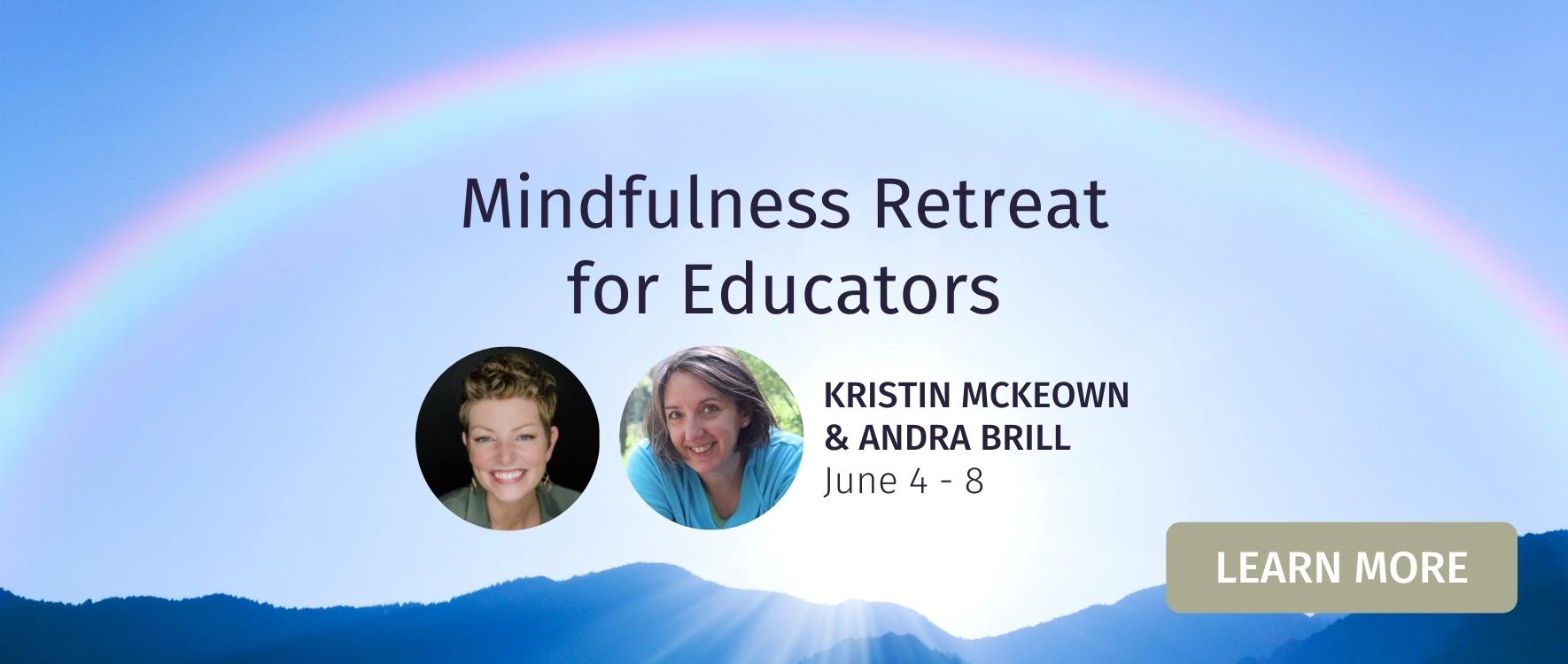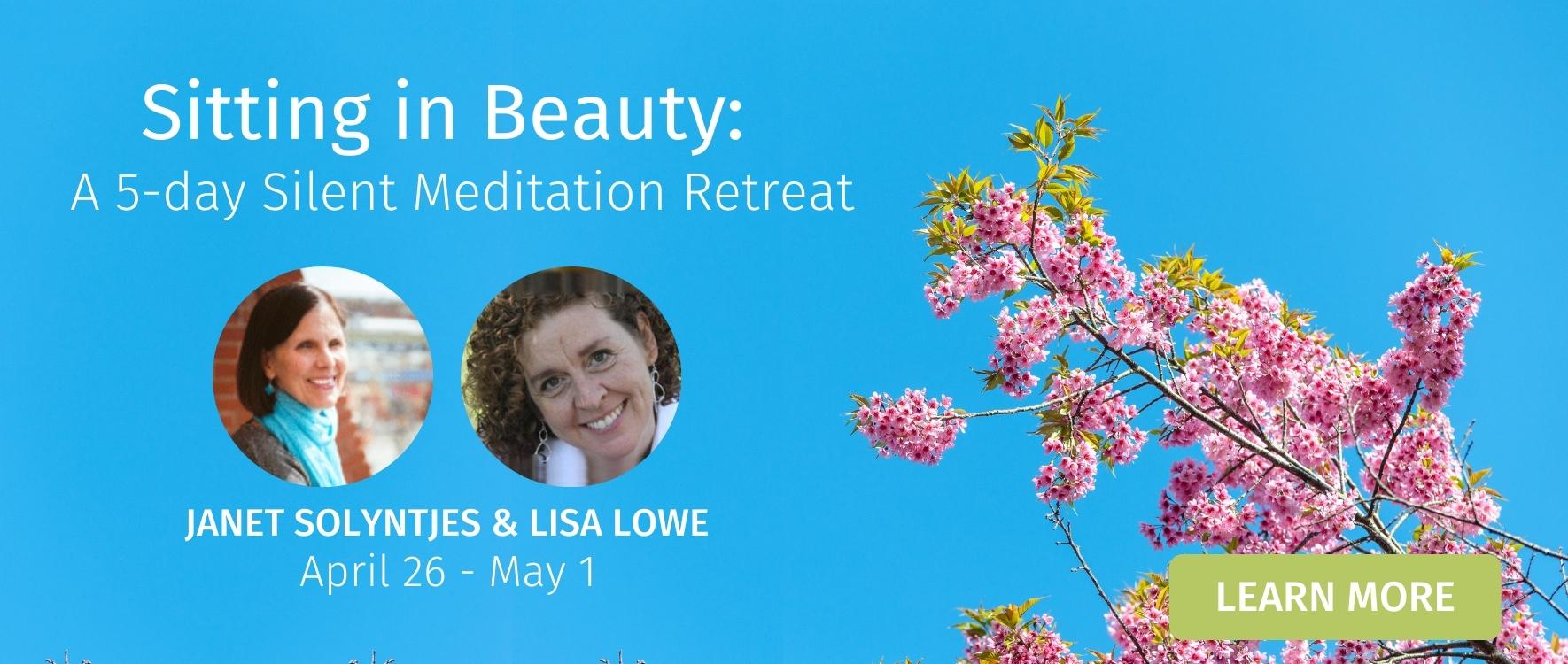28,762 days
By Janet Solyntjes //
This is the number of days that make up the average life expectancy of a person born in the United States. How many of these days will US citizens spend appreciating life? How will you spend this one?
We are a time-conscious society. Productivity, connectivity, pressured to beat the clock—how often do we look at our iPhone or laptop to see what time it is? Do we understand what time is telling us? The clock and the calendar are both saying that we won’t be here forever. They reveal one simple truth: time only runs in one direction.
An aspen tree doesn’t look at a clock to see when it is time to turn golden.
The northern lake doesn’t need a timeline or deadline to tell it when to freeze or thaw.
As humans, we often experience time-related stress. Rather than seeing the passing of time as a source of pressure or a reason to feel that we are too lazy, too crazy, or that we are losing our grip on youth, we can flip our way of seeing. How do I want to use this day, this hour, this fractional moment in a way that allows contentment and happiness to grow in this world?
Time is an interesting thing. Sometimes it moves quickly, sometimes it moves slowly. At times we are lost in the momentum of experience; other times we feel imprisoned by the 10-second wait for the loading of a website. For the most part, we have been metaphorically “watching the clock” for much of our life. Do we really know why?
Reflecting on the passing of time and the inevitability of the end of our time on earth is one way to discover the fulfillment of being here, now, just as we are, in the world as it is. Imagine the freedom in not having to worry, complain, fantasize, plan, and rehash life’s other moments. This freedom comes when we relax into now.
Meditating in a retreat setting is one way to spend one’s time in the best way possible. Unplugged and connected to self, others, and the natural world allows more space to reflect on what matters (before we take our last breath). Time can morph into the timeless without any effort on our end. Stress is cradled in self-acceptance and patience. The struggle with winning or losing is held in the open, primordial field of awareness and thus relaxes. While nothing is promised, the effort made to courageously engage with every day is good training.
One reason I love leading Mindfulness-Based Stress Reduction programs at Shambhala Mountain Center is because the powerful environment supports the simple practice of mindfulness. Together, they nurture the appreciation of existence, of the breath that continues life, and of the understanding that there is only one moment we have to live.
About the Author
